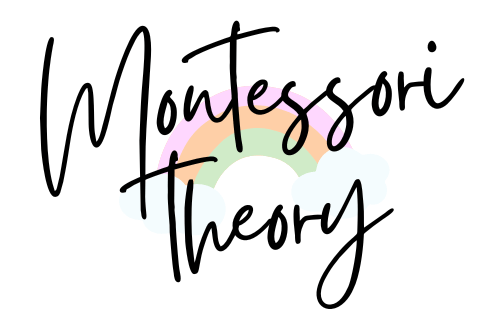Sensorial Materials in Montessori education are designed to refine the five senses—sight, sound, touch, taste, and smell—helping children classify, sort, and understand the world around them. These materials provide structured experiences that isolate specific sensory qualities, such as color, weight, shape, texture, size, sound, or smell, enabling children to focus their attention and exploration on one sensory attribute at a time.
Examples of sensorial materials include the Pink Tower, which focuses on visual discrimination of size; the Color Tablets, for color differentiation; the Sound Boxes, for auditory discrimination; and the Thermic Bottles, for temperature sensitivity. Each material is carefully crafted to meet the developmental needs of children, encouraging active engagement and hands-on exploration.
Working with sensorial materials not only enhances perceptual abilities but also supports cognitive development, language acquisition, and mathematical understanding. For example, sorting and grading activities lay the foundation for classification and seriation skills essential in math. Moreover, sensorial experiences enrich children’s vocabulary as they learn precise terms to describe their observations and sensations.
The Montessori sensorial curriculum embodies the educational philosophy’s emphasis on educating the whole child. By engaging the senses, these materials foster a deepened awareness of the environment, stimulate curiosity, and promote a lifelong love of learning. Sensorial materials prepare children for academic subjects by developing concentration, attention to detail, and analytical skills in a concrete, meaningful context.

